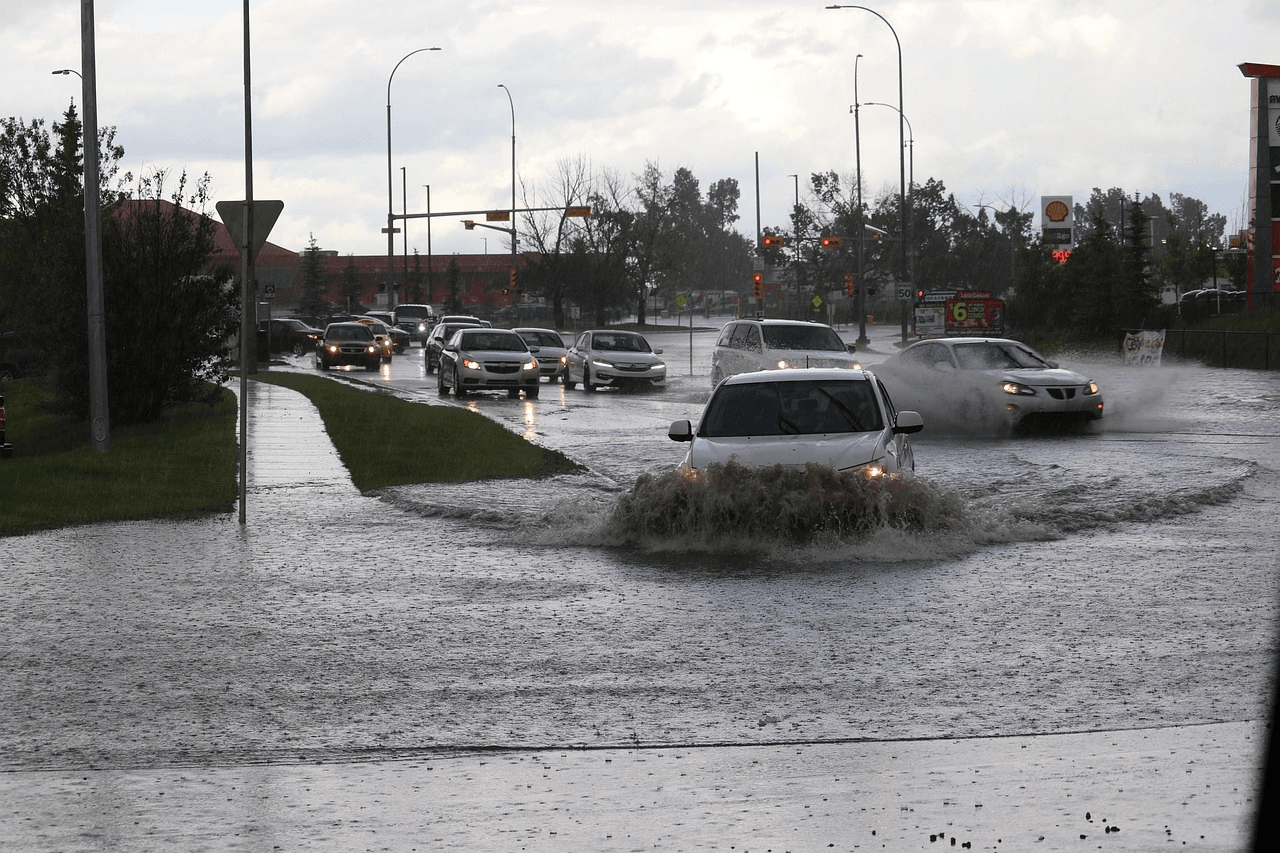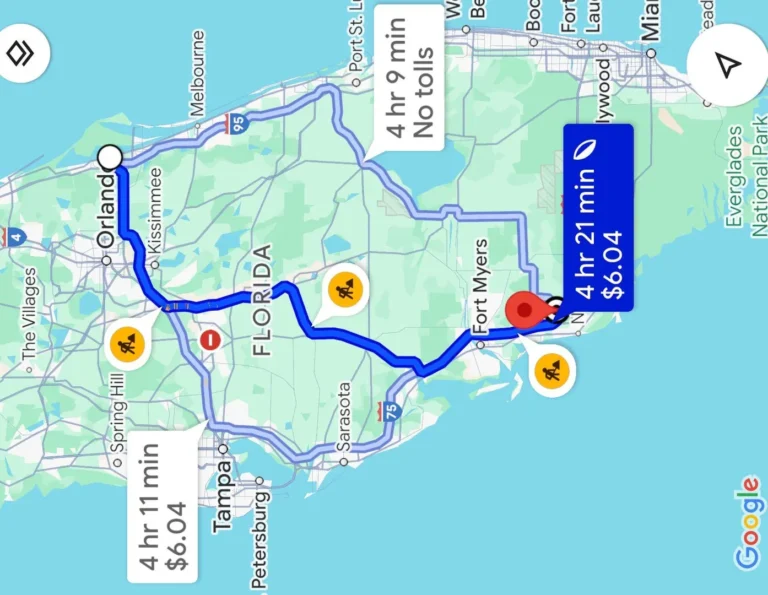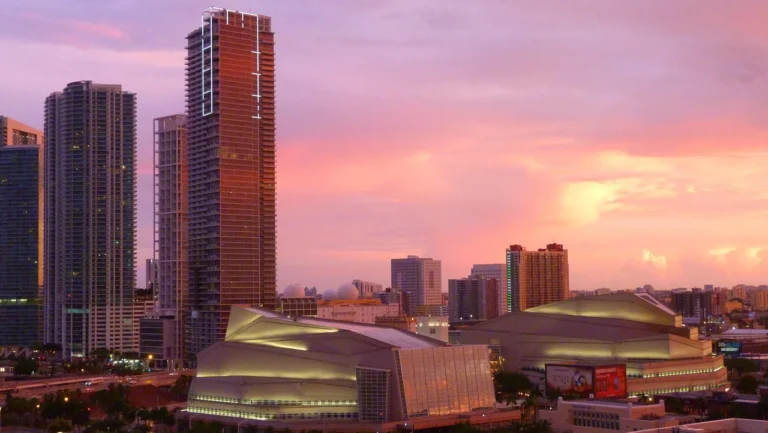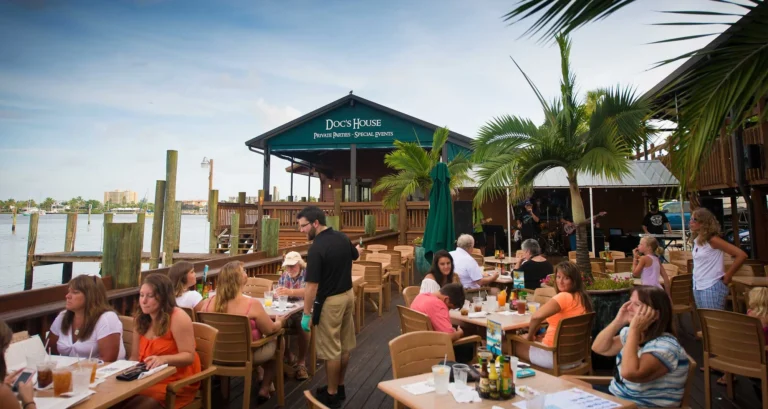Fort Myers Faces Severe Flooding: Residents Urged to Evacuate
Is Fort Myers Flooding? Understanding the Risks and Realities
Have you ever wondered how vulnerable Fort Myers is to flooding? Or what the city is doing to protect its residents from this natural threat? If these questions have crossed your mind, you’re not alone. Flooding is an increasing concern for many coastal cities, and Fort Myers is no exception. In this article, we’ll delve into the flooding risks specific to Fort Myers, explore its causes and ongoing mitigation efforts, and provide you with the information you need to stay informed and prepared.
Understanding the Flooding Landscape in Fort Myers
Flooding can occur in various forms, from storm surges during hurricanes to heavy rainfall that overwhelms drainage systems. Fort Myers, nestled along the Caloosahatchee River and close to the Gulf of Mexico, is particularly susceptible to these phenomena.
Why does flooding happen here? One primary reason is the city’s geographic location and low elevation. Heavy rainfall, rising sea levels, and rapid urbanization all contribute to the flooding risks facing Fort Myers. Additionally, climate change is exacerbating these issues, leading to more unpredictable weather patterns.
Historical Context of Flooding in Fort Myers
To better understand Fort Myers flooding, it’s essential to look at its history. Major flooding events have shaped the region’s infrastructure and brought about significant changes in local policies.
For instance, Hurricane Irma in 2017 caused widespread flooding, damaging homes and businesses and prompting the city to reevaluate its emergency preparedness plans. Such historical insights remind us that flooding is not just a distant possibility; it’s a serious concern with implications for future planning.
Causes of Flooding in Fort Myers
Flooding in Fort Myers can arise from several factors:
1. Heavy Rainfall
We typically see significant rainfall during the summer months. When this heavy rain meets saturated ground, flooding occurs. As a resident or visitor, understanding the seasonal patterns can help you prepare better.
2. Hurricanes and Storm Surges
Fort Myers is vulnerable to hurricanes. The storm surges that accompany these weather events often lead to catastrophic flooding. Residents must stay vigilant during hurricane season, which runs from June to November.
3. Rising Sea Levels
With climate change contributing to rising sea levels, Fort Myers faces increased threats of coastal flooding. This gradual process can undermine existing infrastructure and lead to more frequent flooding incidents.
4. Urbanization
As Fort Myers expands, it faces challenges related to urban water runoff. Impervious surfaces like roads and buildings prevent rainwater from being absorbed into the ground, leading to flooding.
Mitigation and Preparedness
What is Fort Myers doing to combat flooding issues?
The city has taken several steps to mitigate flooding risks. These include investing in stormwater management systems, updating infrastructure, and creating educational programs for residents.
Improving Infrastructure
One of the most significant investments has been in updating the city’s drainage systems. This work includes creating retention ponds and improving existing waterways to handle more water during heavy rainfall.
Community Education and Involvement
Engaging residents is vital for effective flood management. Public workshops and informational resources help citizens understand the risks and prepare themselves and their properties accordingly.
Emergency Response Plans
Fort Myers has established robust emergency response plans to evacuate and assist residents in case of severe flooding. By maintaining a ready response team, the city hopes to minimize damage and protect lives.
What You Can Do
As a resident or someone thinking about moving to Fort Myers, it’s essential to be proactive. Here are some practical tips to prepare for potential flooding:
-
Stay Informed: Regularly check local weather forecasts and flood alerts. Websites and apps can provide timely updates.
-
Create an Emergency Kit: Be prepared with supplies such as water, non-perishable food, flashlights, and a first-aid kit.
-
Review Your Home Insurance: Ensure your insurance policy covers flood damage. Many standard homeowner’s policies do not include flood coverage.
-
Participate in Community Programs: Join local efforts to improve flood preparedness and response.
- Consider Elevation: If building or renovating, consider elevating your property to mitigate flood risks.
Conclusion
Flooding poses a genuine threat to Fort Myers, driven by geographic, climatic, and infrastructural factors. However, through a combination of government initiatives and community engagement, the city is working hard to mitigate these risks. Being informed and prepared can make all the difference in staying safe. I encourage you to contribute your thoughts and experiences in the comment section below.
FAQs
1. How often does Fort Myers experience flooding?
Flooding frequency can vary. Heavy rains during summer and hurricanes can lead to floods, but proactive measures are helping reduce risks.
2. What should I do if I’m in a flood zone?
Stay informed, create an emergency plan, and review your insurance. Local government resources can provide additional guidance.
3. Are flood maps available for Fort Myers?
Yes, the Federal Emergency Management Agency (FEMA) provides flood maps online to help residents understand their risk.
4. How can I prepare my home for potential flooding?
Consider elevating your home, installing flood barriers, and ensuring your drainage system is clear and functioning.
5. What role does climate change play in flooding?
Climate change leads to rising sea levels and increased rainfall, exacerbating flooding risks in vulnerable areas like Fort Myers.
Trusted Sources
https://www.fema.gov/flood-maps
https://www.noaa.gov/climate
https://www.nwf.org/what-we-do/habitat-conservation/smart-from-the-start/florida
https://www.ni.gov (National Interagency Fire Center)
https://www.water.ca.gov/Programs/All-Programs/Climate-Change-Programs
By keeping these guidelines in mind, we can work together toward a safer, more resilient Fort Myers. Your insights and feedback are welcome, so feel free to share your thoughts!







